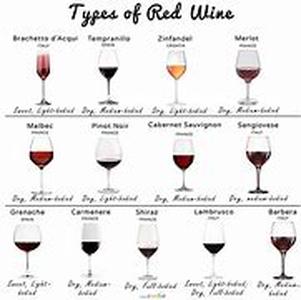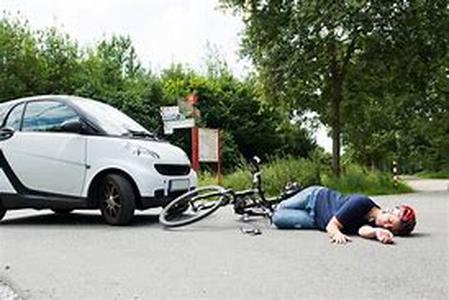
The Verb Stem Forms In German Language Are Important To Understand When Learning Foreign Language. The Stem Forms Include Endings, Which Either Have Present Andor Simple Past Tense. Having References To This Information Can Help You To Learn German Effectively. How To Learn Verb Stem Forms In German: When Learning Verbs In German Language You Want To Keep The Conjugations In Mind. Conjugations Can Be Inflections Of Verbs, Which Are Seen In Grammar That Has Different Patterns Of Inflections Of A Given Verb. The Group Of Verbs With Similar Inflections Uses Same Patterns. The Conjugations Are The Acts Of Joining In Some Instances. In German, Verb Conjugations Often Employ Present As Well As Simple Past Tense Words. When Past Tense Is Used Sometimes, Te Is Added. For Instances, To Make Is Pronounced As Machen. Yet If You Want To Say Made You Would Say Machte. These Are Weak Verbs However. Strong Verbs Is Commonly Used In Germany, Which If You Were To Say Verb Stems Such As Kommen Or To Come, You Would Use A Strong Verb. To Same Came In German You Would Say Kam, Which Is Also A Strong Verb. The Weaker Verbs, Such As Machen Or Arbeiten, I.e. To Work Are Something To Consider When Learning Foreign Languages. To Help You Relate To Simple Past Tense And Present Verbs We Can Review Singular And Plural Verbs Used In Order. The Popular Singular Words Used In Germany Incorrectly By Non-natives Is Ich, Du, Er, Sie, Es. To Use The Words In Present Tense You Would Apply The Verbs To Ich Mache Or Arbeite Whereas If You Use Simple Past Tense You Would Apply Te, E.g. Ich Machte Or Arbeitete. As You Can See, You Merely Add The Te To The End Of Each Word When You Want Past Tense. In Plural Form, The Common German Words Are Wir, Ihr, Sie And Sie. If You Use The Words In Present Tense You Would Say Wir Machen, Yet To Say The Sentence In Past Tense You Would Say, Wir Machten. The Stronger Verbs Used In Germany Also Uses Common Words, Such As Ich And Wir. For Instance, If You Wanted To Say In Singular Present Tense, Ich Fahre Or Lese Then You Would Not Apply The Simple Past Tense. On The Other Hand, If You Wanted To Say Ich Fuhr Or Las In German, Using The Simple Past Tense In Singular Terms, Thus You Would Use Strong Verbs Either Way. In Plural Terms, You Would Say Wir Fahren Or Lesen And In Simple Past Tense, You Would Say Wir Fuhren Or Lasen. Notice The Differences Between The Way The Words Are Used In Plural And Singular Form. You Want To Consider When Using Present Tense Verbs Where Strong Verbs Apply That In Some Instances The Vowels Within The Stems Of Infinitive Change Will Alter The Vowels. The Alteration Will Affect The Language, Changing It To Second And Third Person Singulars. For Example, Using The Word Fahren You Will Notice That The A In Singular Form Changes To In Second Or Third Person Form. When Using More Than One Verb, Au Changes To U. For Instance, To Say, To Run You Would Say Laufen, Yet If You Change The Verb, You Would Apply The Marks. Now Say I To Strike. You Probably Cannot Say This At This Point, But If You Wanted To Use Strong Verbs In Present And Past Tense You Would Either Say, Ich StoBe Or In Past Tense Wir StoBen. To Say The Same Thing In Plural, Youd Apply Wir Instead Of Ich And Add The N.





